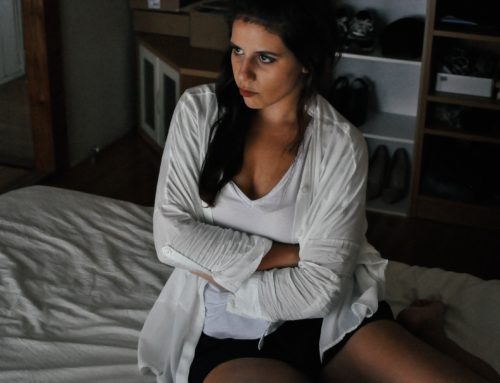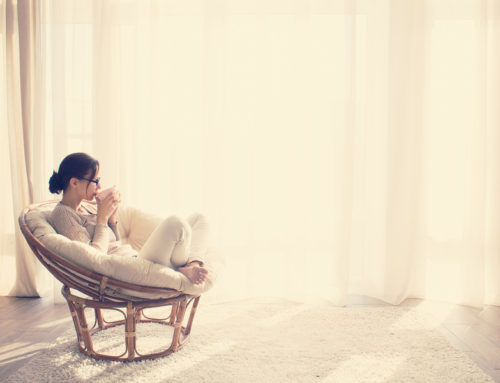Our society has a worthiness problem, and COVID-19 is making us more aware of this than ever.
A friend told me that her lack of busyness due to COVID-19 and sheltering in place had upended her old routines, and she had descended into a spiral of self-criticism and guilt. Instead of using this time to read, bake, and catch up on sleep, she was only feeling unworthy.
She couldn’t do the things that used to make her not feel selfish (visiting her parents) or not feel like a burden (going to work) or not feel fat (intense workouts at the gym). I don’t think she’s alone.
Deep down, many people feel they aren’t of value, that they’re not worthy. Some people also think they’re bad and then look for proof of how they’re bad friends, bad mothers, bad wives, and bad daughters. In this moment of collective difficulty during COVID-19, I suggest you take the opportunity to ask yourself how you define your worth.
What is the narrative you’ve created about yourself?
Make a list of how you define yourself and notice the negative definitions. Are these self-definitions true, and does that mean they’re true all the time?
Now ask yourself how you would feel if you didn’t believe them. Would that feel peaceful or would it feel uncomfortable?
Are you really a bad wife for wanting to take a walk alone to listen to an audiobook instead of having your husband join you? Are you really a bad mother because your kids don’t want to have a family game night?
Now that you can’t engage in your usual and often time consuming routines (sometimes labeled obligations), you might realize how many of these activities were meant to solve the problem of how you view yourself. The things you “should” do are often meant to bolster your fragile sense of self.
Notice the next time you have a negative thought about yourself, and say, “Ohhhh, there’s me thinking I’m a bad person!” Take a pause, smile, and move forward with your next brand new moment.
Heartfelt wishes,
Amy
Photo credit: StockSnap






